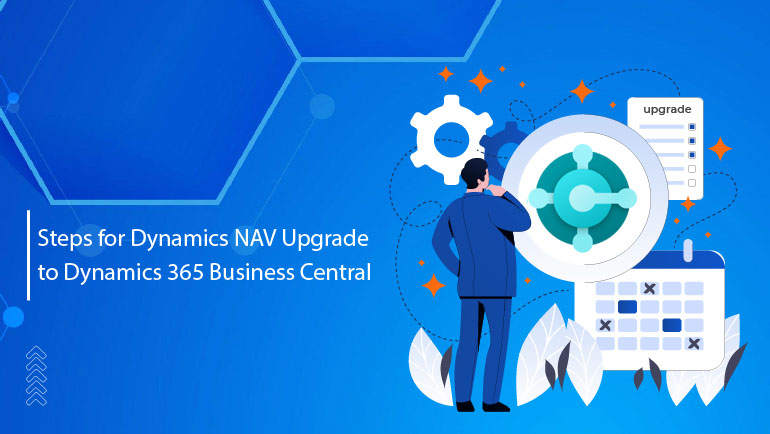How long does it take for Microsoft Dynamics 365 Business Central Implementation?
If you are planning for Microsoft Dynamics 365 Business Central implementation, then it requires careful planning and strategy. Business Central Implementation depends on Multiple factors—such as the size of your organization, how complicated your current setup is, the number of users, and the transfer of data from legacy systems—contribute to the duration and expense of the process.
When you are providing estimation for Business Central Implementation it is significant to have the details about the functionality or modules that your customer is looking for.
For a relatively small company with a fewer number of employees that might require to implement only finance modules, hence, Dynamics 365 Business Central Implementation in this scenario should take somewhere between 1 to 2 months.
Similarly, the same process should take around 3 to 5 months Business Central implementation for a medium-sized company, as they might need modules like sales, core financial, purchasing, and inventory management.
For large-sized business they require functionalities like manufacturing, inventory management, and other commonly used functions like core financial, purchasing, and inventory management. Hence, in this case, the implementation might take around 6 to 10 months for business central implementation and train the key stack holders.
Microsoft Dynamics 365 Business Central Implementation Process
Nevas Technologies has developed a six-step process for successful Dynamics 365 Business Central Implementation.
- Discovery and Analysis – Understanding the organization’s business processes and then designing the services based on the business requirement. This procedure helps to offer tailor made solutions that work well even in the long term.
- Planning – This is where the actual planning for the entire process happens. In this step, a complete roadmap for the Business Central implementation is created with exact project plan.
- Build – This is where the actual installation of the service happens, and it will be configured for the actual usage along with the configuration of various modules, as required by the business.
- Data Migration – In this step, the old and usable data from the previous ERP system will be imported to the Microsoft Dynamics 365 Business Central system. This helps the company to retain all the previous data without any data loss.
- Training and pilot testing – In this step, we will start to train the stack holders and business owners on how to use Business Central and make them subject matter experts.
Lastly, the final step of the process is to give various accesses to the specific authorities and educating them regarding the tracking of various services to help them grow their business.
Nevas Technologies is a trusted Microsoft Dynamics 365 Partner in USA that has helped many companies in Business Central Implementation. If you want to understand what it might mean for your organization for Business Central Implementation, please contact us.
Get a Demo of Dynamics 365 Business Central.




